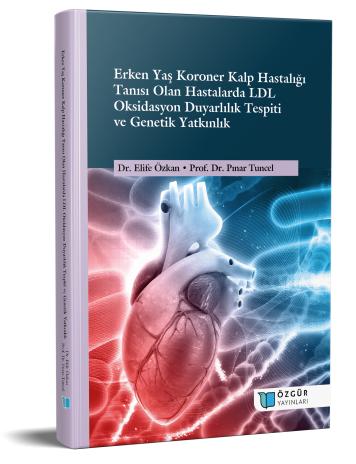
Assessment of LDL Oxidation Susceptibility and Genetic Predisposition in Patients Diagnosed with Early-Onset Coronary Artery Disease
Synopsis
This study aims to evaluate the relationship between LDL oxidation susceptibility and genetic predisposition in patients diagnosed with early-onset coronary artery disease. This study aimed to evaluate LDL oxidation susceptibility, LDL Vitamin E and A content, and homocysteine concentration in male patients with early-onset coronary artery disease, their first-degree male relatives (sons or brothers), and healthy controls. The study included 20 male patients aged 40-55 years with angiography-confirmed coronary artery disease, 20 first-degree male relatives aged 18-25 years, and 18 healthy males aged 18-35 years. The findings suggest that LDL oxidation may play a significant role in the development of early-onset coronary artery disease. Additionally, specific genetic polymorphisms were identified as potential contributors to increased oxidation susceptibility.

